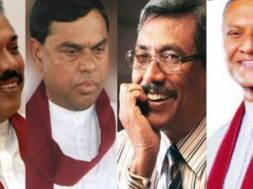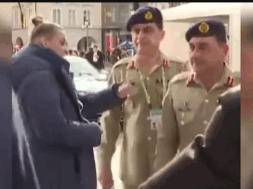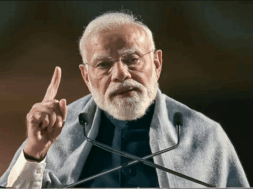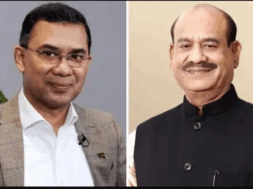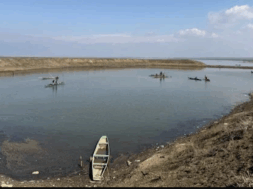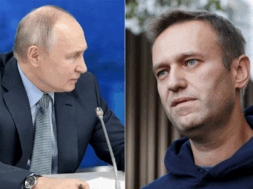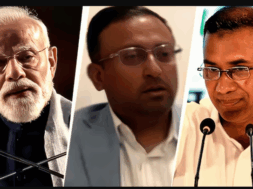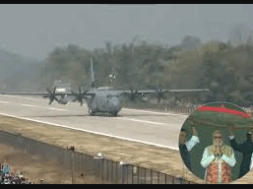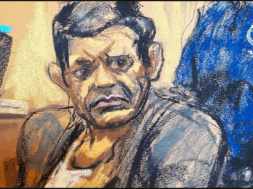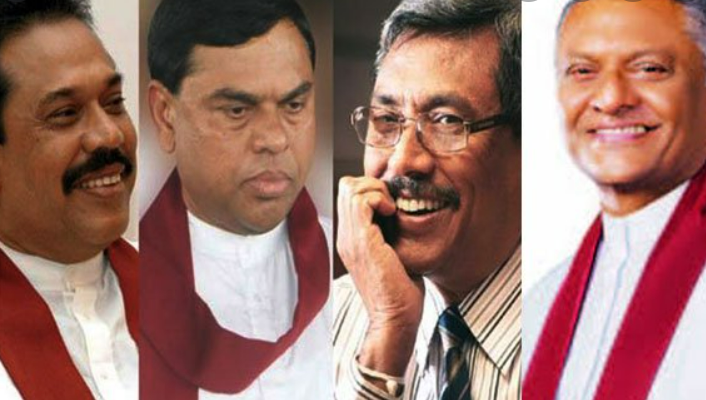
Roving Periscope: How the four Rajapaksa brothers ruined Sri Lankan economy?
Virendra Pandit
New Delhi: It was not surprising when Sri Lankan President Gotabhaya Rajapaksa declared a nationwide public emergency late on Friday following violent protests over the island country’s worst economic crisis since its Independence in 1948.
Sensing the emerging crisis in its southern neighborhood—nearly two dozen Sri Lankan Tamils had already arrived as economic refugees in Tamil Nadu—India has so far helped Sri Lanka with an aid package of USD 2.4 billion. The island nation of 22 million people has also sought additional bailouts from China, the International Monetary Fund (IMF), and the World Bank. Over and above the US 2.4 billion packages, it has requested India for more help.
On Friday, the President invoked tough laws allowing the military to arrest and detain suspects for long periods without trial, as demonstrations calling for his ouster spread across the South Asian nation. The state of emergency was necessary to protect public order and to maintain essential supplies and services, he said in a proclamation.
Angered by severe and continued shortages of fuel and other essential items, hundreds of protesters had, on Thursday, clashed with police and the military outside Rajapaksa’s residence as they called for his ouster, and torched police and army vehicles.
For this unprecedented crisis, the Sri Lankan people hold the all-powerful ruling Rajapaksa clan responsible. The four Rajapaksa brothers active in politics, including President Gotabhaya Rajapaksa, rule Sri Lanka with an iron hand. They have ruined the island nation’s economy in only a couple of years, the media reports said.
Anger against the Rajapaksa’s handling of a deepening economic crisis spiraled into violence. A severe shortage of foreign currency has left the government unable to pay for essential imports, including fuel, leading to debilitating power cuts lasting up to 13 hours.
The four brothers accused of destroying the Sri Lankan economy are President Gotabhaya Rajapaksa, Mahinda (Prime Minister), Basil (Finance Minister), and Chamal (Irrigation Minister), among other clan members, who control Sri Lanka.
Mahinda is a hero to the Sinhala-Buddhist majority for crushing separatist Tamil rebels in May 2009 following a brutal military offensive that ended a decades-long civil war. Over 40,000 civilians died, but he refused an international probe.
During his rule, Sri Lanka moved closer to China, borrowing almost USD 7 billion for infrastructure projects, many of which turned into white elephants mired in corruption.
Because of an acute shortage of foreign currency and failure to pay the debt, the government had to ban imports. Sri Lanka’s heavily tourism-dependent economy was first hit by the Easter Sunday Islamist attacks of 2019 and later torpedoed by Covid-19 as jobless expatriates could not remit money.
As if it was not enough, experts say, the Rajapaksa’s expensive lifestyles at the cost of the exchequer, deep-rooted corruption, years of economic mismanagement, including chronic budget deficits and ill-advised tax cuts, pushed the island nation into the abyss.
Finance Minister Basil Rajapaksa is known as “Mr. Ten Percent” because of the commissions he allegedly took from government contracts. All cases registered against him were dropped by his President-brother.
By the last week, the island nation slipped into such dire straits that it has no fuel, cooking gas, street lights, milk, paper, and other essential commodities.
Sri Lanka is struggling to pay for essential imports after a 70 percent drop in foreign exchange reserves in two years, to a paltry USD 2.31 billion in February 2022, which led to a currency devaluation. Its January trade deficit stood at USD 859 million, the country’s central bank said in a statement on Friday. The January imports rose 23.1 percent to USD 1.96 billion, while exports rose 17.5 percent to USD 1.10 billion. Its retail inflation hit 18.7 percent in March over the same period a year ago, and food inflation reached 30.2 percent in March.
Lanka IOC, the subsidiary of Indian Oil Corporation in Sri Lanka, said on Friday it would supply 6,000 metric tons (MTs) of diesel to Ceylon Electricity Board to generate thermal power and ease the power shortages. On Saturday, Indian traders said they would soon ship 40,000 MTs of rice to Sri Lanka, the media reported.
Meanwhile, Sri Lankan former president Maithripala Sirisena’s Freedom Party called on President Gotabhaya Rajapaksa to form an all-party government to tide over the worst economic crisis and threatened to leave the ruling alliance if they ignored its request.
